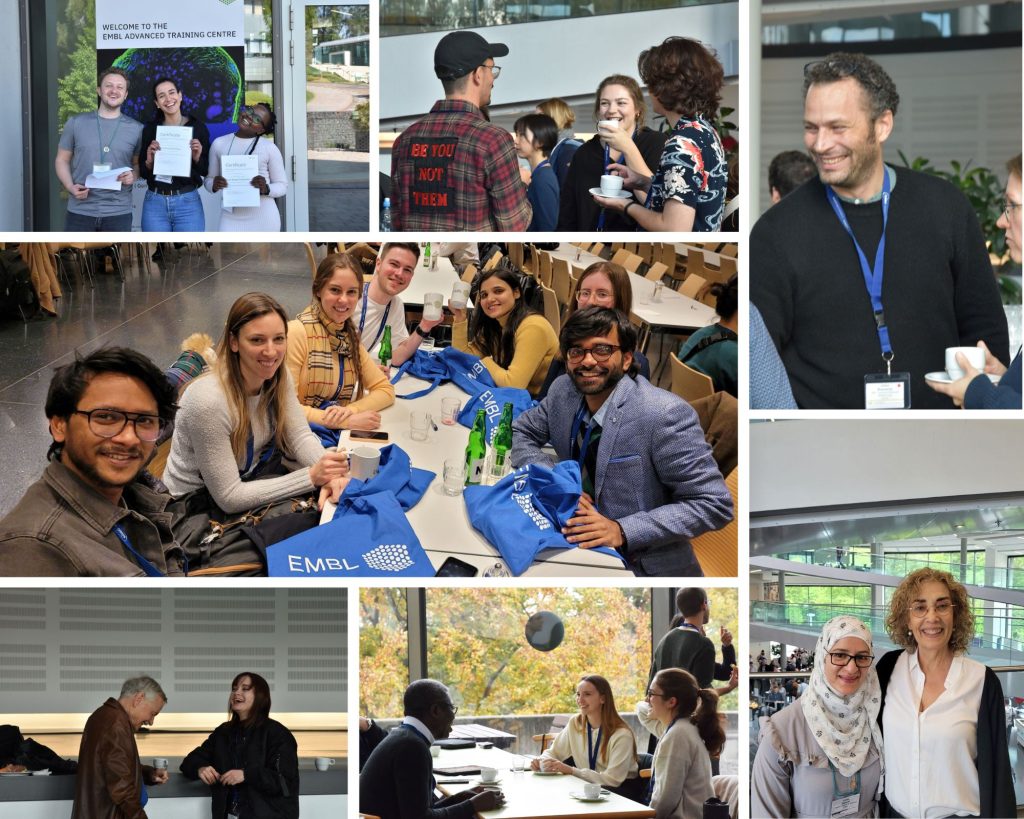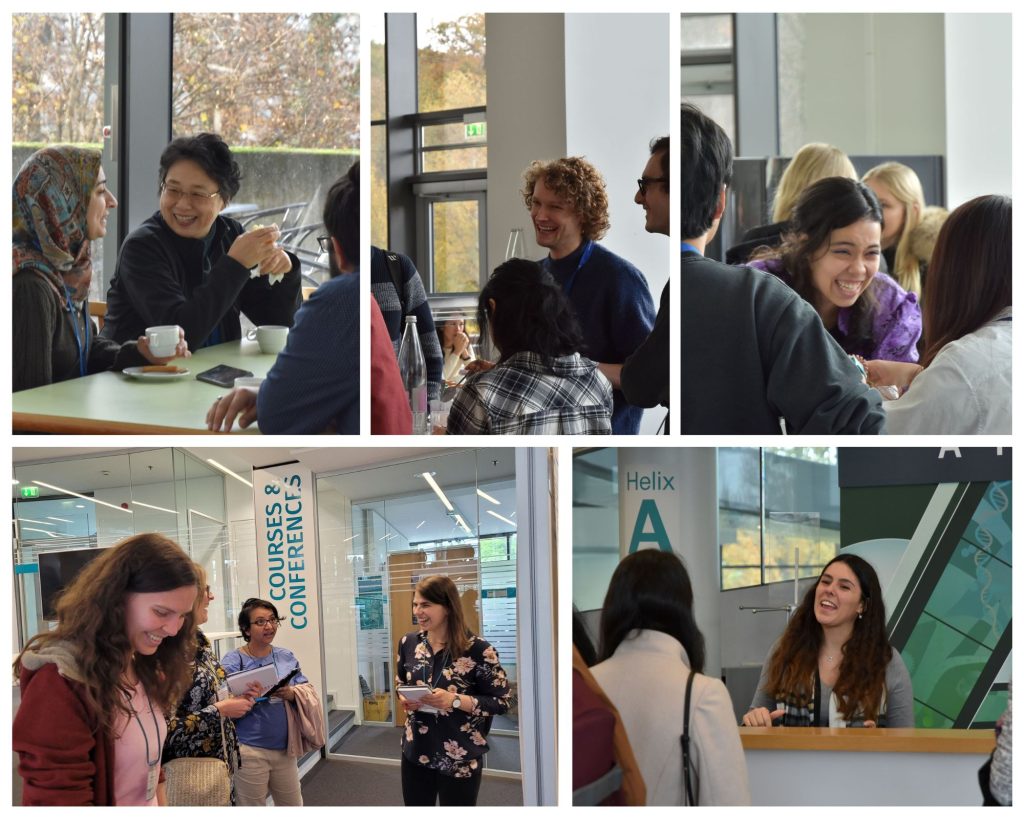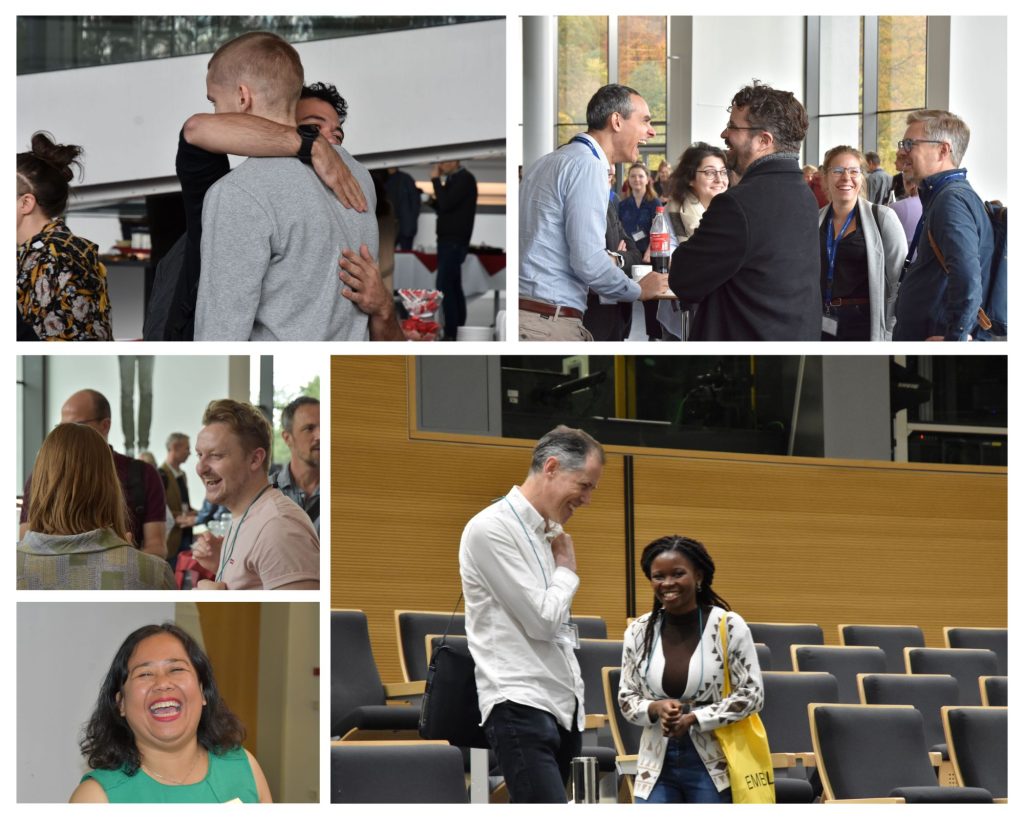Unlocking the science of happiness: celebrating the International Day of Happiness
In a world often overshadowed by stress, turmoil, and uncertainty, the pursuit of happiness remains a universal aspiration. On 20 March, the world comes together to celebrate the International Day of Happiness, a day dedicated to recognising the importance of happiness and well-being in our lives. While happiness may seem elusive or subjective, science offers valuable insights into understanding and cultivating it.
The science of happiness: understanding the basics
What exactly is happiness, and how do we measure it? Scientists define happiness as a combination of life satisfaction, the presence of positive emotions, and the absence of negative emotions. While happiness is often equated with fleeting moments of joy, researchers emphasise the significance of long-term well-being and life satisfaction.
Numerous studies in psychology, neuroscience, and other fields have delved into the factors that contribute to happiness. From genetic predispositions to environmental influences, happiness is influenced by a complex interplay of biological, psychological, and social factors. For instance, genetics may account for up to 50% of the variance in happiness levels, while external circumstances such as income and social relationships also play a significant role.

The pursuit of happiness: strategies backed by science
While certain aspects of happiness may be beyond our control, research suggests that there are actionable strategies we can employ to enhance our well-being:
- Cultivate gratitude: Practicing gratitude has been linked to increased happiness and overall well-being. Taking time each day to reflect on the things we are grateful for can shift our focus away from negativity and foster a greater sense of appreciation for life’s blessings.
- Nurture social connections: Humans are social beings, and meaningful relationships are crucial for happiness. Investing in quality time with friends and loved ones, prioritising social support networks, and engaging in acts of kindness can all contribute to greater happiness.
- Prioritise mental and physical health: There is a strong link between physical health and happiness. Engaging in regular exercise, getting adequate sleep, and practising mindfulness or meditation can all promote mental and emotional well-being.
- Set meaningful goals: Working towards meaningful goals that align with our values and interests can provide a sense of purpose and fulfilment. Whether it’s pursuing a passion, volunteering for a cause we believe in, or advancing in our careers, striving for goals that resonate with us can contribute to long-term happiness.
- Embrace mindfulness: Mindfulness practices, such as meditation and deep breathing exercises, can help cultivate present-moment awareness and reduce stress and anxiety. By learning to observe our thoughts and emotions without judgment, we can cultivate a greater sense of inner peace and contentment.

The global impact of happiness
The pursuit of happiness is not just an individual endeavour; it has far-reaching implications for societies and nations as well. Research has shown that happier individuals are more productive, creative, and resilient, contributing to overall societal well-being. Moreover, countries that prioritise measures of happiness and well-being, such as Bhutan with its Gross National Happiness index, are challenging traditional notions of progress and success.
As we celebrate the International Day of Happiness, let us not only reflect on our own happiness but also consider how we can contribute to the well-being of others and the world around us.
At the External Training Course and Conference Office, I think we are doing a pretty good job at making sure our course or conference participants are happy and satisfied when coming on-site to the Advanced Training Center to join one of our events. These pictures speak for themselves.

If you are interested in why our participants are so happy, check out our programme of events: https://www.embl.org/events/